Five steps to move your parenting in a positive direction. No extra guilt. No added judgment. Tips any anxious, frustrated, overwhelmed, or angry parent can use right away!
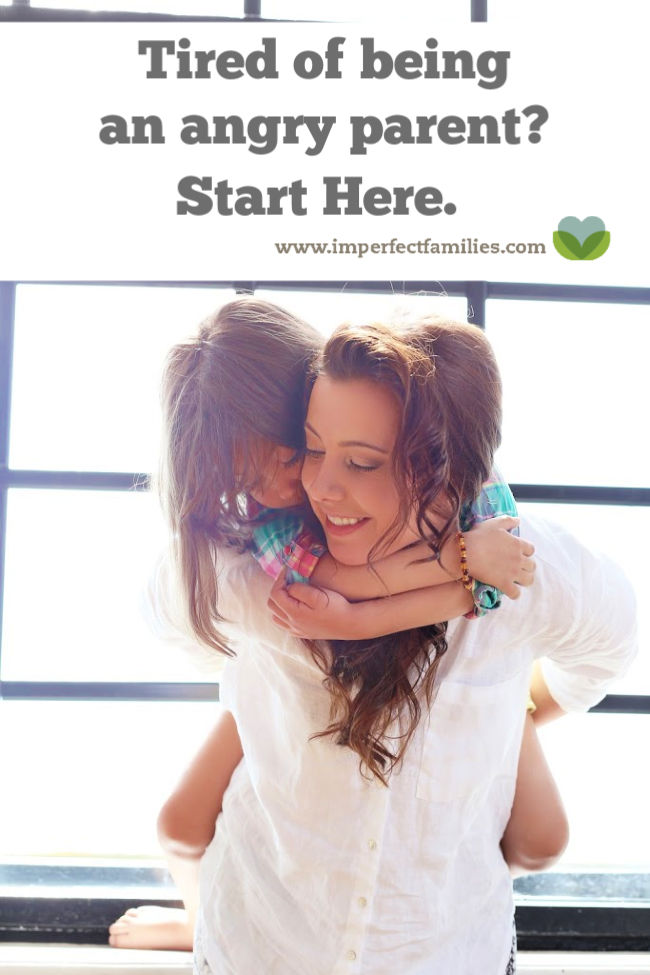
It’s time. You’re ready to make a change to your parenting.
Great!
Before you get extremely overwhelmed, pause and take a deep breath.
Positive parenting isn’t perfect parenting. There will be days when things go well, and days when you slip back into old habits. You’re not going from yelling constantly to responding with a zen-like calmness overnight…in fact, you may never completely stop yelling!
This doesn’t mean there’s something wrong with you.
It means you’re normal. It means that you have pathways in your brain that have been there for years (maybe since you were a young child). These pathways are well-worn and easy to travel. When things get hard, these are your go-to responses because they’ve been with you the longest.
Creating new pathways in your brain takes time. It’s like chipping a new path through rock. It can be done, but it may take time.
Thankfully, as you learn and practice new strategies, these new pathways become easier to navigate. Over time, you will find that these habits don’t take as much energy or effort. In fact, there may be times when you respond in a new way without even thinking about it! Yay!
Rather than basing your worth as a “good parent” or “bad parent” on your reactions in a given day, look for positive steps in the right direction. Look for growth and celebrate small wins.
Be patient and kind to yourself in the process.
And remember, you do not need to make changes by yourself. One-on-one parent coaching sessions are available worldwide and a supportive online community exists to encourage you through the ups and downs of parenting. Or, find support from a mental health professional.
Five Steps From Angry Parent to Confident Parent

Step 1: Start With The Brain
Anger is a physical and mental reaction that happens in your brain and body – sometimes before you even realize it’s happening! Read through these brain facts to learn a simple explanation about how the brain works.
You may also want to read through this simple script that teaches angry and aggressive kids about their brain. And while you’re at it, you may want to learn a little about thoughts and feelings and child development too.
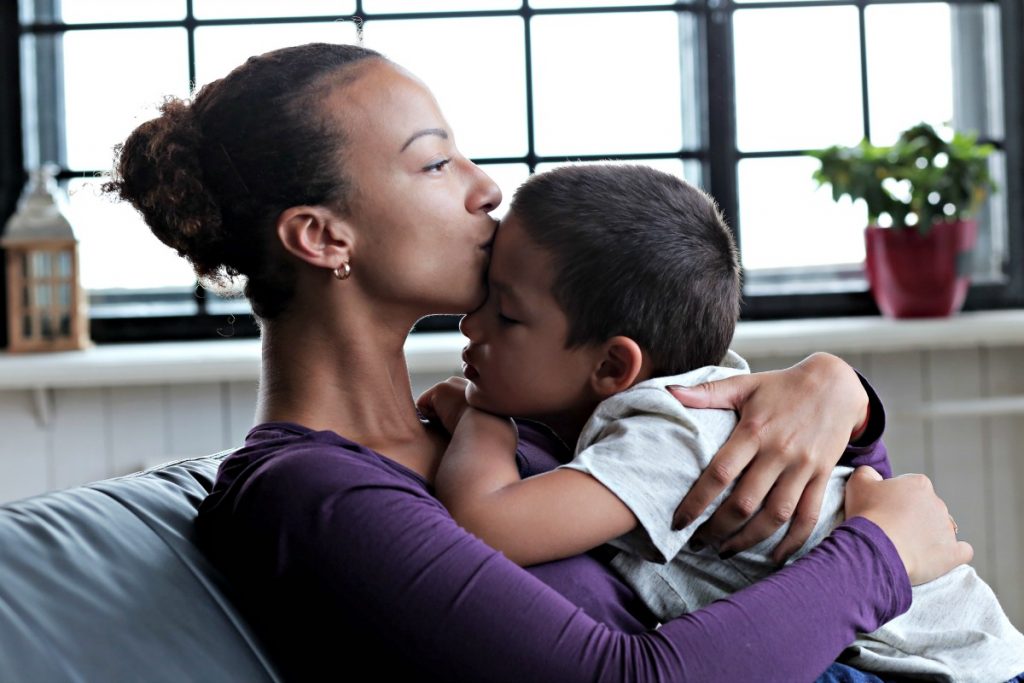
Step 2: The Power of Calm
A calm brain makes good decisions (as opposed to a stressed-out brain, which reacts as if the situation is a threat!). After learning about the brain, the next step is to learn how to parent with a calm brain, or how to get your brain back to calm once it is threatened.
Again, it’s OK if this isn’t easy at first. Be patient and kind to yourself.
Start by incorporating some easy self-care ideas into your day, or using some of these ideas for extremely busy parents.
Do not underestimate the power of a good, cleansing, deep breath. This simple visualization uses a deep breath and an image to help you see your options in stressful situations.
When you’re ready, you may want to try this calm-down plan for parents.
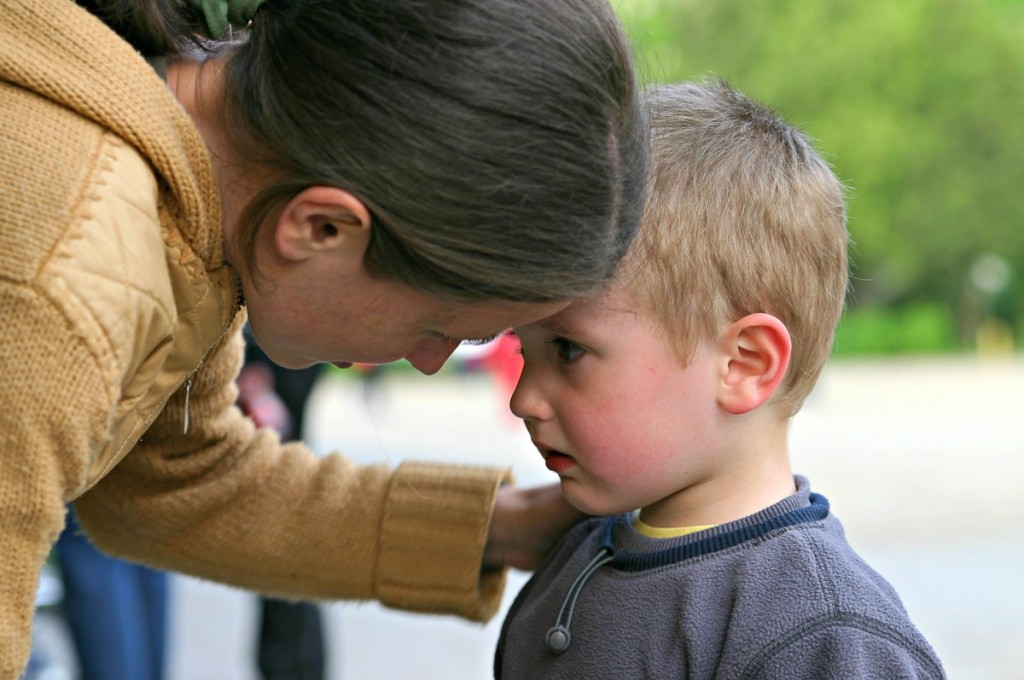
Step 3: Be Curious About Your Anger
Usually, we feel horrible after losing our temper with our kids. We beat ourselves up and put ourselves down for struggling. While a little bit of guilt can motivate change, shame and self-criticism usually keep us stuck in old, unhealthy habits.
Instead, practice learning from your anger by being genuinely curious about why you respond the way you do. This is not meant to add more guilt, but to learn as much as you can so you can make changes going forward. These are 5 common reasons people yell at their kids. And these questions may help when you keep yelling at your kids, but really want to stop.
You also may want to explore your thoughts and beliefs about discipline and look at ways they potentially impact your parenting. And you may want to see how you feel about these 9 truths that apply to all children.
As you continue to explore, it may be helpful to remind yourself that it is OK to be imperfect and that sometimes it takes time to embrace imperfect parenting.
Step 4: Try Something New
Now that you know as much as you can about why you feel angry, why you react in certain ways, or what beliefs you bring into your parenting, it’s time to try something new.
Maybe you’re ready to parent from a place of confidence rather than being passive. Maybe you need another simple visualization to help you respond rather than react to your kid’s big feelings.
Maybe you’re looking at discipline in a different way and you’d like to shift out of the punishment mindest and stop trying to find the perfect consequence.
Maybe you’re ready to parent on the same page, or have a conversation with other caregivers about respectful parenting.
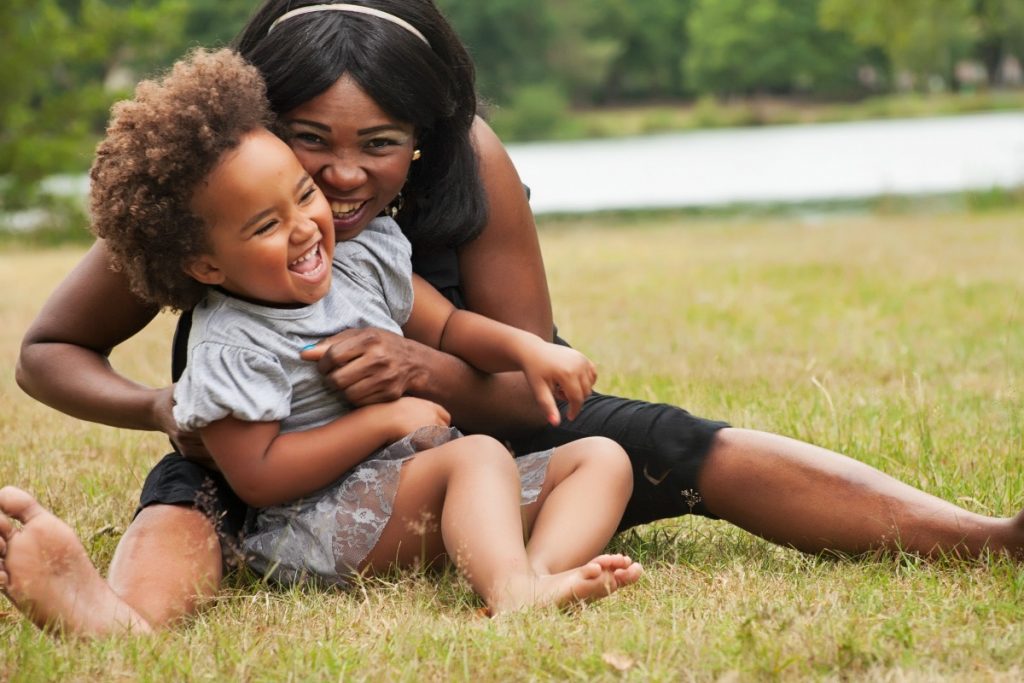
Step 5: Forgive, Be Kind, and Carry On
No matter how hard you try, sometimes life is just difficult. Kids are still learning, maturing and growing. Your family is still practicing new skills. And some days are just “off.”
Don’t give up! There is power in perseverance in parenting. When things get difficult and you feel exhausted, it doesn’t necessarily mean you’re doing anything wrong.
If you fall back into old habits, here are 5 things to do after you yell at your kids. And here is another strategy that goes beyond taking a deep breath.
And, if you need to know you’re not alone, here is a personal example of how I forgot how to parent – and the two words that brought me back.

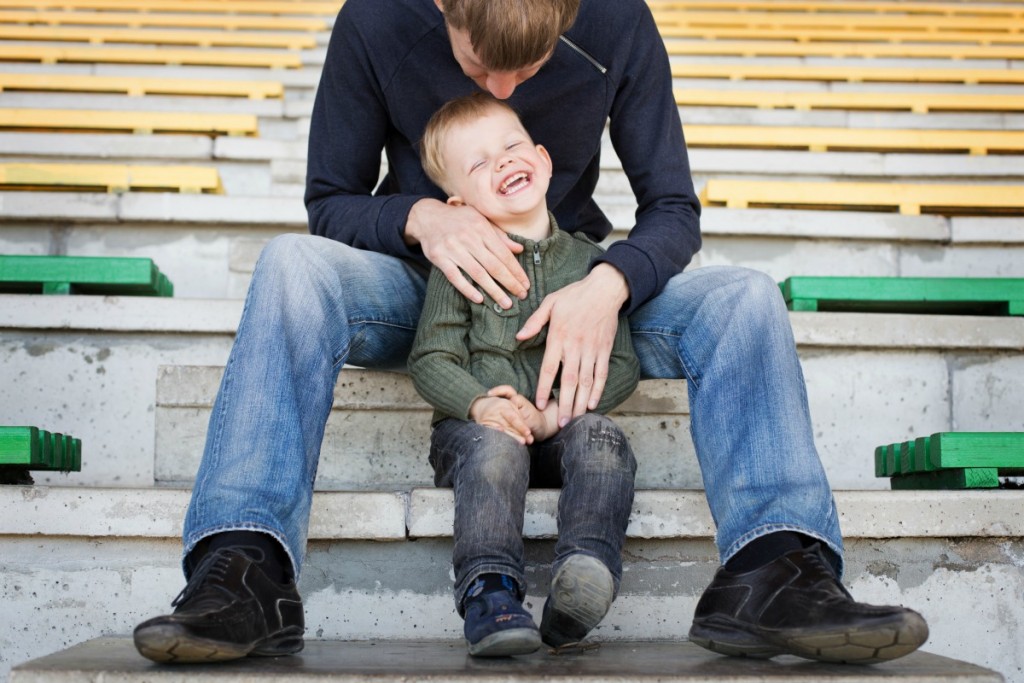

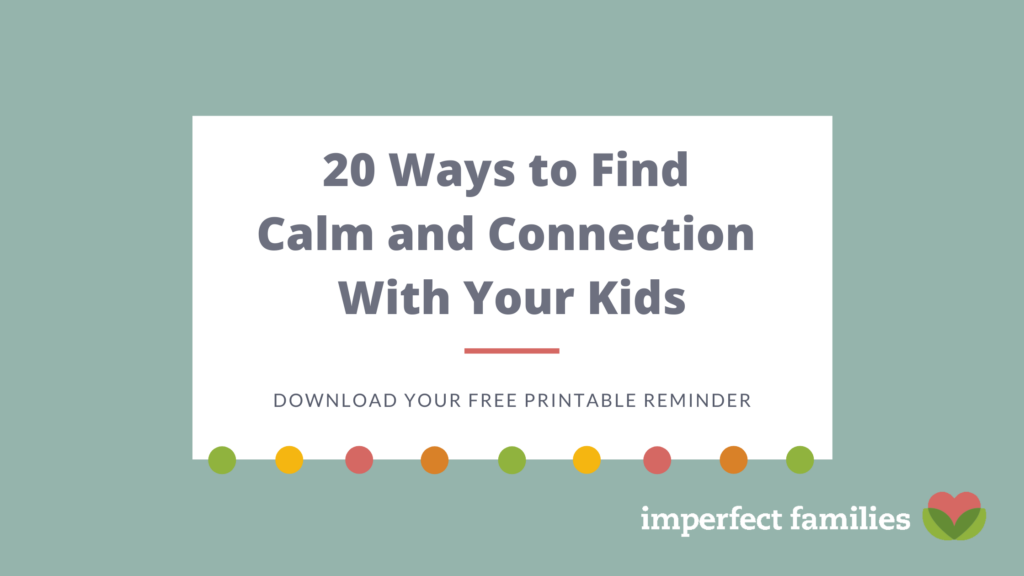
Comments have been turned off to retain the privacy of all families. If you have a question or comment on the topic, you're always welcome to contact me.